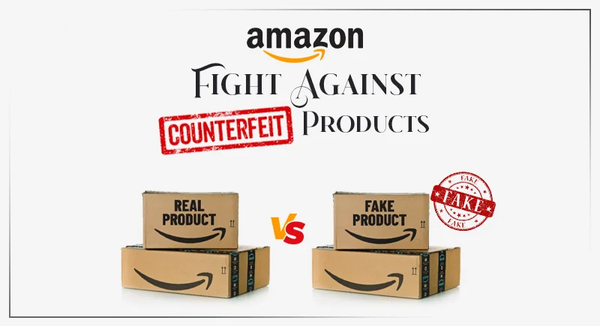How Blockchain Revolutionizes Food Supply Chains

Blockchain technology is transforming food supply chains by enhancing transparency, traceability, and security, ultimately saving lives. Traditional food supply chain management often suffers from inefficiencies, lack of communication, and security vulnerabilities, leading to issues such as food waste and contamination. Blockchain addresses these challenges by providing real-time tracking from the source to the consumer, ensuring that each step of the journey is recorded in an immutable ledger.
Key Challenges in Food Supply Chains:
- Lack of Communication: Many supply chains lack transparency, with only 7% of leaders having multi-tier visibility. This results in poor traceability and difficulty in anticipating disruptions.
- Lack of Privacy: Information-sharing is often asymmetrical, with upstream suppliers withholding crucial data to maintain a competitive edge, which can hinder the overall transparency and efficiency of the supply chain.
- Lack of Security: Centralized systems are vulnerable to cyberattacks, with 56% of cybersecurity incidents occurring within the supply chain.
How Blockchain Solves These Issues:
- Enhanced Traceability: Blockchain records every touchpoint of a product’s journey, providing complete transparency and enabling quick identification of issues such as contamination.
- Improved Communication: Blockchain networks allow for granular control over data-sharing, ensuring that sensitive information remains protected while necessary data is accessible.
- Increased Security: The distributed nature of blockchain enhances the security of supply chains, reducing the risk of cyberattacks.
Ultimately, blockchain technology improves food quality, reduces waste, and increases safety, benefiting communities worldwide by providing a more resilient and transparent food supply chain.




